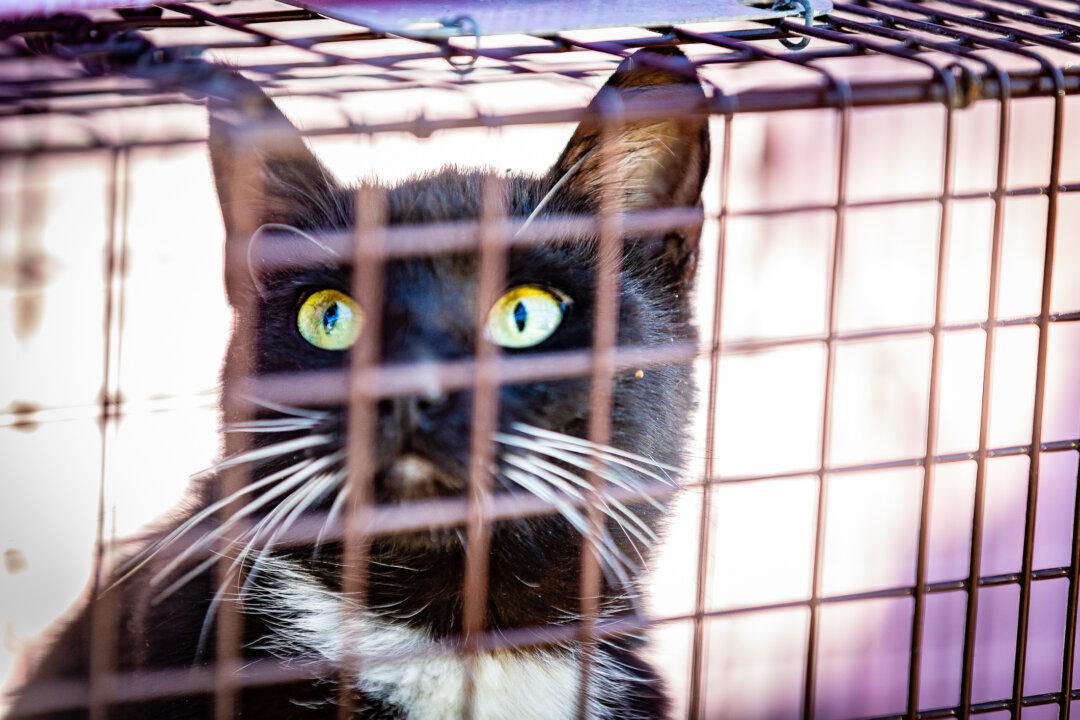Animal advocates in Orange County, California, say they’re bracing for the “worst kitten season” as they struggle to have feral cats spayed or neutered.
Before shutting down a few months into the pandemic, Orange County Animal Care’s (OCAC) Return to Field (RTF) program assisted in trapping feral felines, transferring them to shelters to be sterilized and vaccinated at no cost, and releasing them back into their colonies.




